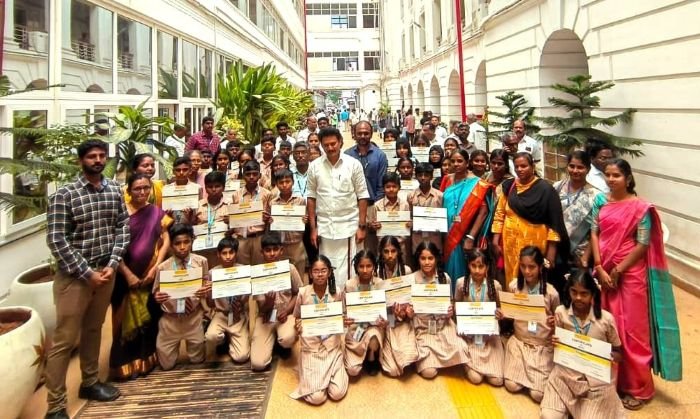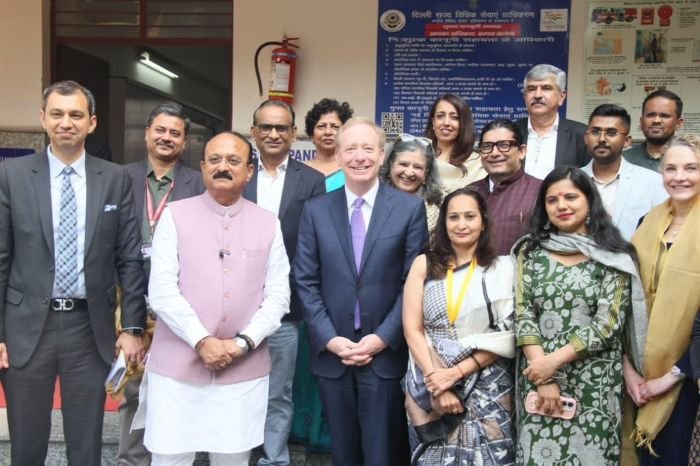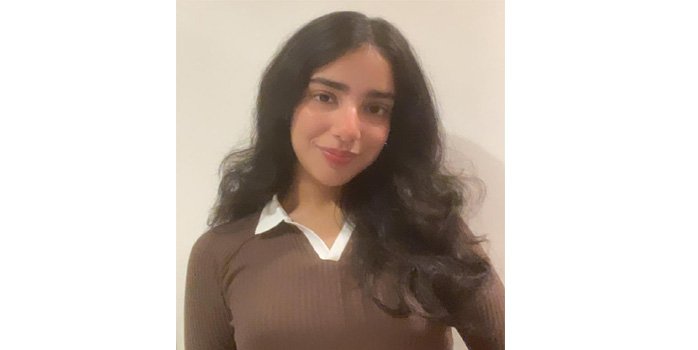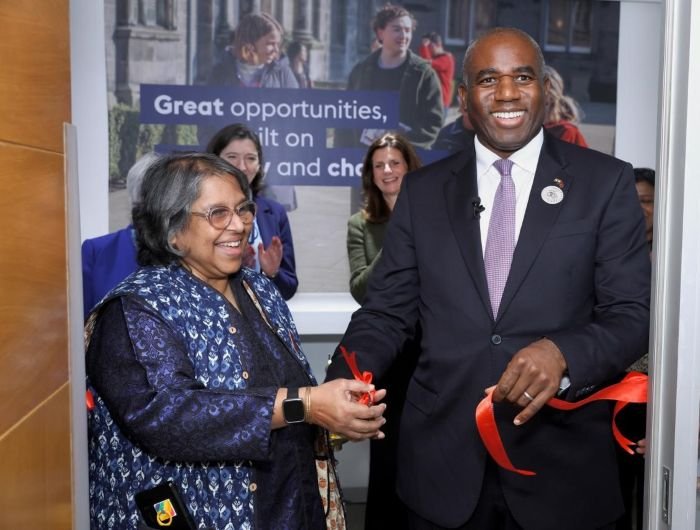
This year, International Literacy Day (ILD) will be celebrated under the theme of “Promoting multilingual education: Literacy for mutual understanding and peace“.
ILD2024 will unpack issues related to literacy in multilingual contexts for achieving lasting peace and will explore possible solutions for enhancing policies, lifelong learning systems, governance, programmes, and practices. ILD2024 will be celebrated in-person and online at the global, regional, national, and local levels.
The global celebration will be held on 9 and 10 September 2024 in Yaoundé, Cameroon, It will include a global conference, the award ceremony of the UNESCO International Literacy Prizes, and side events, such as the annual meeting of Global Alliance of Literacy within the Framework of Lifelong Learning (GAL) and meetings of the Action Research on Measuring Literacy and Alternative Education (RAMAED), and the UNESCO Global Network of Learning Cities. It will also be an opportunity to shed light on the literacy agenda in Cameroon and Africa in the context of the African Union’s Year of Education and beyond.
In today’s world, in which multilingualism is a common practice for many, empowering people by adopting a first language-based, multilingual approach to literacy development and education is particularly effective for its cognitive, pedagogical, and socio-economic benefits. Such an approach can help promote mutual understanding and respect, while solidifying communal identities and collective histories.
“The benefits of multilingual education are well documented and evidenced by research. When children are offered education in their household language, more of them attend school, girls from rural areas stay in education longer, and all children acquire better thinking skills. Multilingual education also supports intercultural dialogue, social cohesion and peace. For language is a passport to communication with others: it connects us across cultures; it opens us to new ways of perceiving and interpreting the world; it strengthens understanding within and between peoples.”
Multilingualism is increasingly common in our world, in which approximately 7,000 living languages are unevenly spread across around 200 countries, with higher degrees of diversity in sub Saharan Africa and Asia and the Pacific. This is due to a range of factors, including globalization, digitalization, and the increasing mobility of people. As recently as one decade ago, about two in three children grew up in a multilingual context.7 In 2022, the number of refugees, many of whom may need to master a host country’s language, reached 35 million, an increase of 8 million over 2021.8. More than 108.4 million people had been forcibly displaced due to persecution, conflict, violence or human rights violations, representing an increase of 19 million people over the previous year.
Based on the current trend, the number of people who use more than one language in daily life could continue to grow in the coming decades. Meanwhile, about half of living languages are in danger of extinction by the end of the century.10 In 2021, 77% of communication in cyberspace was dominated by only 10 languages.11 Given that languages – oral, written, and sign languages – are not only essential tools for communication and knowledge management but also for embracing and preserving people’s identities, cultures, worldviews, and knowledge systems, conscious efforts are needed to use and preserve everyone’s first languages in daily life and in the public sphere.
Globally, however, it is estimated that about 40% of the population does not have access to an education in a language they speak or understand. In Africa, 8 in 10 children learn in a language that is different from their first language, and the prospects of learning in one’s first language appear even slimmer for youth and adults, who may often be outside the formal education system. This not only hinders the acquisition of basic literacy skills, but also undermines linguistic and cultural diversity, creates epistemic and cultural hierarchies, and impacts social and economic development of individuals and communities, which could be detrimental to building inclusive, peaceful and sustainable societies.
About ILD: Since 1967, the annual celebrations of International Literacy Day (ILD) have taken place on 8 September around the world to remind policy-makers, practitioners, and the public of the critical importance of literacy for creating more literate, just, peaceful, and sustainable society.
Literacy is a fundamental human right for all. It opens the door to the enjoyment of other human rights, greater freedoms, and global citizenship. Literacy is a foundation for people to acquire broader knowledge, skills, values, attitudes, and behaviours to foster a culture of lasting peace based on respect for equality and non-discrimination, the rule of law, solidarity, justice, diversity, and tolerance and to build harmonious relations with oneself, other people and the planet.
Literacy is a right and empowers people. It opens doors to the enjoyment of other human rights and freedoms. Literacy provides a foundation on which people can acquire broader knowledge, skills and values, as well as cultivate attitudes and behaviours, to foster a culture of sustainability and lasting peace, based on respect for equality and non-discrimination, the rule of law, solidarity, justice, diversity.







